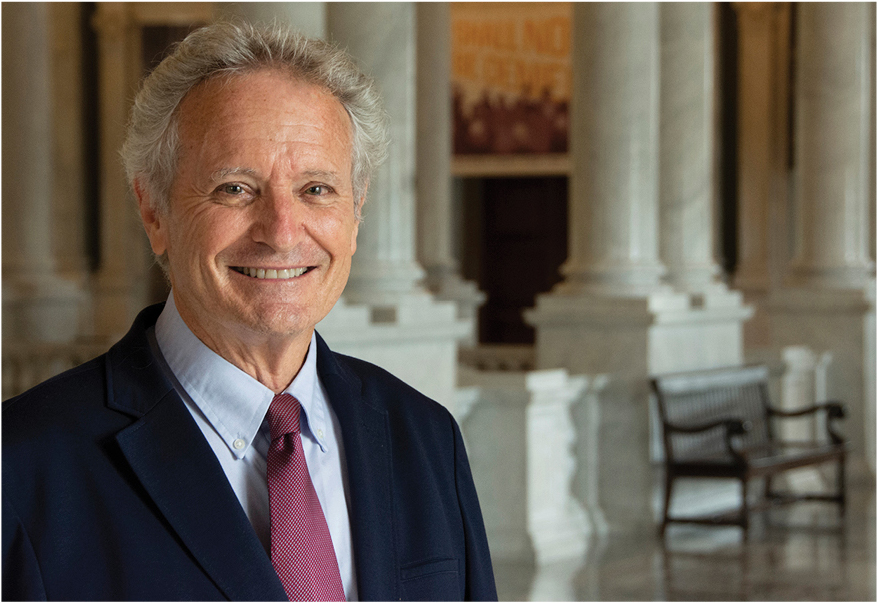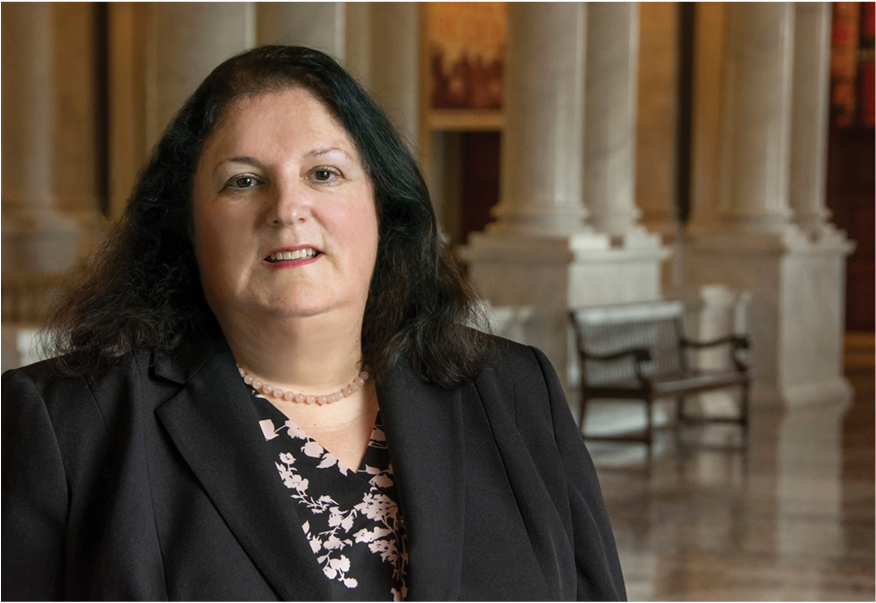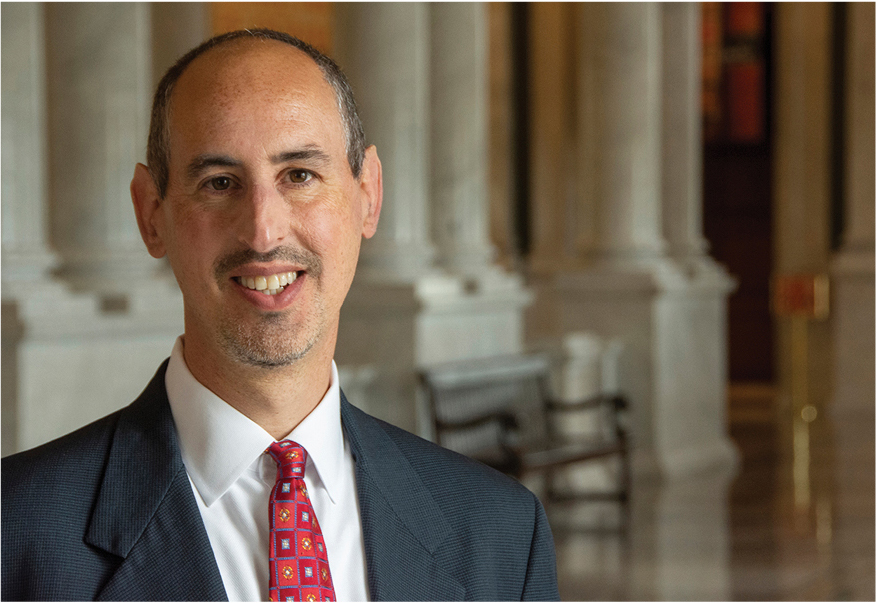About the Copyright Claims Board
The Copyright Alternative in Small-Claims Enforcement (CASE) Act of 2020 established the Copyright Claims Board (CCB), a tribunal located in the Copyright Office and available as a voluntary alternative to federal court.
The CCB is an efficient, streamlined way to resolve copyright disputes involving claims seeking damages of up to $30,000 and is designed to be less expensive and faster than bringing a case in a federal court. The Copyright Office has developed procedures to handle these disputes as well as “eCCB,” an electronic filing and case management system.
You can read more about what the CCB is and why you might want to participate in a CCB proceeding here.
Key Features of the CCB
Here are the key features of the CCB:
- The CCB is accessible to anyone, with or without an attorney. CCB proceedings are designed to be clearly understood and usable by anyone, even without legal training. Users of the CCB are permitted to have an attorney but can also represent themselves.
- CCB procedures are streamlined and conducted online. CCB proceedings involve far less money and time than federal court lawsuits. Participants in CCB proceedings are only required to provide limited basic documents and information, as opposed to the more complicated and costly process of exchanging evidence in federal lawsuits. CCB proceedings do not include the formal motions used in federal court, and any hearings are held remotely through video conferences.
- Participation is voluntary. Both claimants (those that file claims with the CCB) and respondents (those against whom a claim is brought) can decide whether or not to participate in CCB proceedings. No one is required to argue a dispute before the CCB; a party with a copyright claim can choose to go to federal court instead, and a respondent can opt out of a CCB proceeding. In addition, if a respondent chooses to opt out, the claimant can still bring a lawsuit against that respondent in federal court.
- Only certain types of claims can be brought before the CCB. Unlike federal court, the CCB’s jurisdiction is limited to certain copyright-related claims. Only three types of claims can be brought:
- claims of infringement of a copyright;
- claims seeking declarations that specific activities do not infringe copyright; and
- claims of “misrepresentation” in notices sent under the Digital Millennium Copyright Act (DMCA).
- Counterclaims must be related to the original claim Counterclaims (claims brought by a respondent against the claimant) are limited to the types of claims in the CCB’s jurisdiction, plus contract issues related to those claims, and must arise out of the same “transaction or occurrence” (that is, the same facts and circumstances) and involve the same copyrighted work as the original claim.
- The CCB is made up of three Officers, who are impartial experts in copyright law. Copyright Claims Officers have deep expertise in copyright law, making them well-suited to determine copyright matters involving various types of works. You can read more about the current Officers below.
- Monetary damages are capped at $30,000. A party cannot bring a claim before the CCB seeking more than $30,000 in total damages. A party who brings a successful copyright infringement claim can choose to recover either statutory damages (in specific dollar ranges set by the law), or actual damages and the infringer’s profits (calculated based on the factual evidence. Because of these rules, in most cases, amounts the CCB would order respondents to pay successful claimants would be lower than those available in federal court. In federal court, actual damages are not capped, and statutory damages can reach $150,000 for each work if the infringement was knowing or deliberate.
For more information about the types of damages available in a CCB proceeding, visit our Claimant Information page.
- CCB procedures include safeguards against abusive practices. A party bringing a CCB claim in bad faith (acting in a dishonest, intentionally misleading or abusive way) may be ordered to pay the other party’s reasonable costs and attorneys’ fees. These fees can be up to $5,000, but are limited to $2,500 for parties representing themselves. In extraordinary circumstances, such as where a party has demonstrated a pattern or practice of bad-faith conduct, the CCB may award higher levels of attorneys’ fees or costs. The CCB may also ban parties or their representatives who have repeatedly acted in bad faith from filing new claims for one year and may even dismiss their pending claims.
- Parties cannot file an unlimited number of claims. There is a limit on the number of claims that any party can file in a single year.
- CCB determinations will have different effect than court decisions. CCB determinations will be posted online and available for public review, but will not be “precedential”—in other words, the reasoning will not bind the CCB in later cases involving different parties or claims and will have no impact on decisions in other federal court proceedings.
- Parties cannot file the same claim in federal court following a CCB determination. Once a claim has been decided by the CCB, the parties will not be able to file the same claims against each other in federal court.
- There are limited options for review of CCB determinations. A party who is dissatisfied with a CCB determination has the following options:
- seek the CCB’s reconsideration of, or a modification to, the determination, but only for a clear error of law or fact material to the outcome, or a technical mistake;
- ask the Register of Copyrights to decide whether the CCB abused its discretion in denying reconsideration; or
- in limited circumstances, seek review of the determination in federal court.
Copyright Claims Board Officer Bios

David Carson
David Carson served a four-year term as Copyright Claims Officer from 2021 to 2025 and was reappointed in July 2025. He will serve as an Officer until the ongoing hiring process for his replacement is completed and a new appointment is made. Carson has had a long and distinguished career in copyright law in both the government and the private sector. Most recently, he headed the Copyright Policy Team in the Office of Policy and International Affairs at the U.S. Patent and Trademark Office. He was previously the executive vice president for global legal policy at the International Federation of the Phonographic Industry. Before that, he served as general counsel of the Copyright Office for thirteen years and Associate Register for Policy and International Affairs for two years. Earlier in his career, Carson practiced at leading copyright law firms in New York and Los Angeles. He is a graduate of Harvard Law School and Stanford University.

Monica McCabe
Monica McCabe was appointed to a five-year term as Copyright Claims Officer in July 2021. McCabe previously chaired the intellectual property department at Phillips Nizer LLP. She is a veteran copyright litigator with over three decades of experience, representing both copyright users and owners. She has served on numerous mediation panels, including for the International Trademark Association, the Southern District of New York, and the New York State Supreme Court Commercial Division. She has handled a wide range of disputes in the alternative dispute resolution context, including as a special master. McCabe holds a JD from the Georgetown University Law Center, an MA from the University of Chicago, and a BA from Fordham University.

Brad Newberg
Brad Newberg was appointed to a six-year term as Copyright Claims Officer in July 2021. Before joining the CCB, Newberg most recently led the copyright and trademark litigation practice at McGuireWoods. Over the past twenty-plus years, he has served as lead counsel in well over a hundred copyright matters, appearing before federal trial and appellate courts across the country. He previously counseled clients on cutting-edge legal issues and has handled numerous copyright-focused transactional and licensing matters. In 2017, the National Law Journal honored Newberg by naming him an Intellectual Property Trailblazer. Newberg holds a JD from the University of Pennsylvania Law School as well as a BA in economics from Penn’s College of Arts & Sciences and a BS from its Wharton School of Business.
Fees
Once a potential claimant decides to bring a claim before the CCB, the next step is to file a claim through eCCB (the CCB’s electronic filing and case management system) and submit the filing fee, which is divided into two payments. The first payment is due when the claim is filed.
If the opt-out period ends and the respondent has not opted out, the claimant must submit a second payment to continue with the proceeding. If all respondents opt out of the proceeding, then the claimant does not need to submit the second payment. The first and second filing fee payments, as well as other CCB fees, are listed below.
| Services | Fee |
|---|---|
| Filing a claim before the Copyright Claims Board First Payment Second Payment |
$40 $60 |
| Designation of a service agent by a corporation, partnership, or unincorporated association, or amendment of designation | $6 |
| Small claims expedited registration fee (per work) | $50 |
| Certified final determination from the Copyright Claims Board | $15 |
| Review of final determination by Register of Copyrights | $300 |